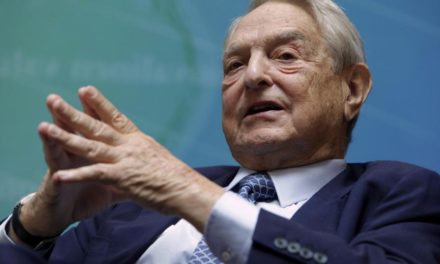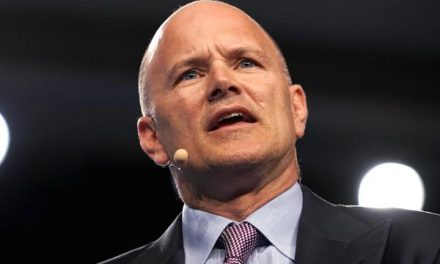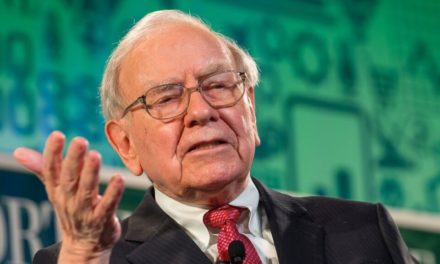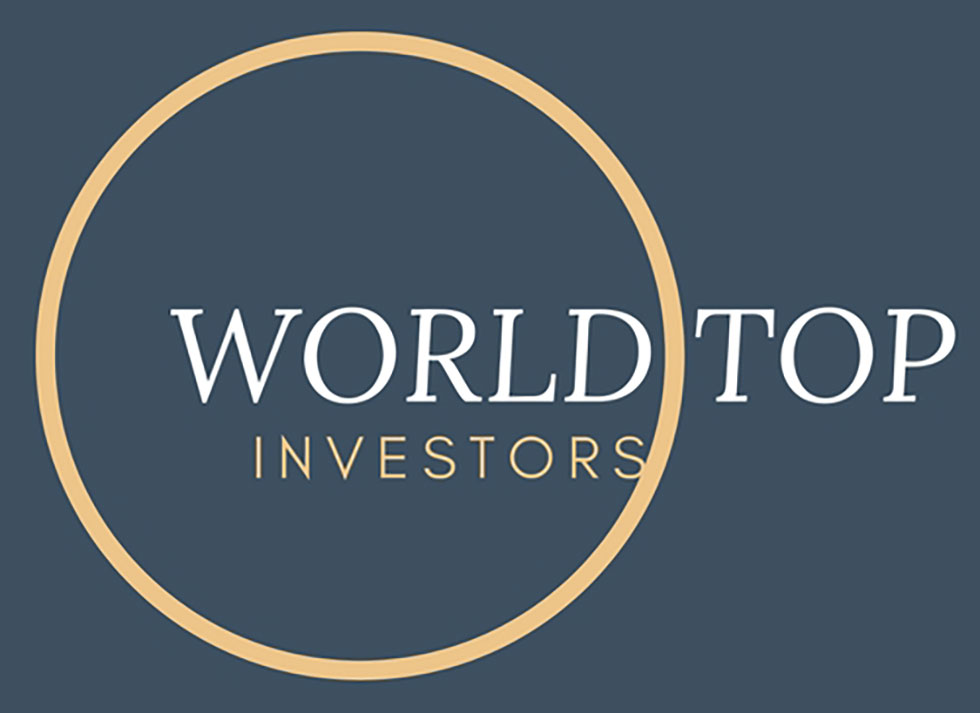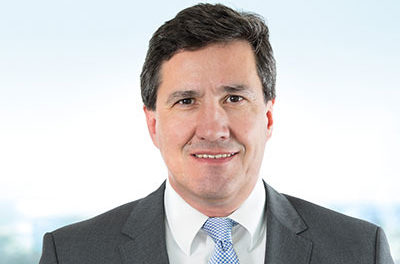Warren Buffett investing acumen was brought to light in Berkshire’s latest letter to investors.
Warren Buffett needs no introduction as his contrarian value investing strategy has amassed him a personal fortune of $111.3 billion, ranking him amongst the richest people in the world.
Just a footnote, it was stupefying to hear Charlie Munger, second in command at Berkshire, liken cryptocurrencies to venereal diseases. It was that type of opposition to a technology change that resulted in Warren Buffett missing the exponential global growth of Amazon.
Blockchain technology, web 3.0 is likely to have a similar impact on society and business within the next decade. To link blockchain technology to an STD could mean the 98-year-old Munger is too senior to understand the difference between promiscuity and technology.

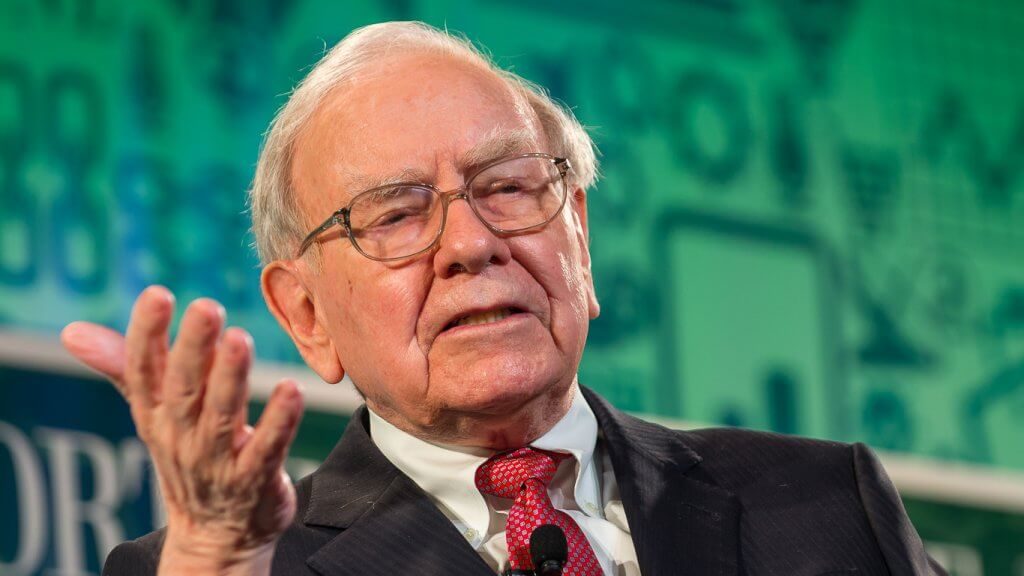
“Warren Buffett needs no introduction as his contrarian value investing strategy has amassed him a personal fortune of $111.3 billion, ranking him amongst the richest people in the world”
RAY DALIO
Back to Warren Buffett investing acumen, which has amassed him a fortune, his latest letter to investors underscores the benefits of investing in monopolies and partnerships with the government
It sounds similar to China and how businesses have to be affiliated with the CCP to be successful.
“Berkshire’s history vividly illustrates the invisible and often unrecognized financial partnership between government and American businesses,” wrote Warren Buffett’s Berkshire.
“Our tale begins early in 1955 when Berkshire Fine Spinning and Hathaway Manufacturing agreed to merge their businesses. In their requests for shareholder approval, these venerable New England textile companies expressed high hopes for the combination.
In fairness to our governmental partner, our shareholders should acknowledge – indeed trumpet – the fact that Berkshire’s Charlie has been fostered mightily because the company has operated in America, “ he added.

“Berkshire’s history vividly illustrates the invisible and often unrecognized financial partnership between government and American businesses”
WARREN BUFFETT
Could this be the unwritten rule of investing American dollars for American companies?
Foreign companies’ stock prices tend to underperform their US rivals. For example, Royal Dutch Shell and China’s NIO stocks are undervalued compared to their American counterparts. Perhaps national exchanges prioritize the funneling of capital to their domestic companies.
Warren Buffett investing acumen suggests an element of nationalism
“The country would have done splendidly in the years since 1965 without Berkshire. Absent our American home, however, Berkshire would never have come close to becoming what it is today. When you see the flag, say thanks,” he wrote.
Warren Buffett investing acumen entails focusing on big monopolies, particularly utilities, which have contributed to his investing success.
“Apple our runner-up Giant as measured by its year-end market value – is a different sort of holding. Here, our ownership is a mere 5.55%, up from 5.39% a year earlier. That increase sounds like small potatoes. But consider that each 0.1% of Apple’s 2021 earnings amounted to $100 million. We spent no Berkshire funds to gain our accretion. Apple’s repurchases did the job” – Warren Buffett
Warren Buffett likes to invest in economic moats
The term economic moat refers to a business’s ability to maintain competitive advantages over its competitors to protect its long-term profits and market share from competing firms. Just like a medieval castle, the moat serves to protect those inside the fortress and their riches from outsiders. In other words, these companies are monopolies, which can extract monopoly profits.
Here are the “Big Four” companies including sectors that Warren Buffett’s Berkshire capital likes
Firstly, the insurance business, which is made to order for Berkshire.
Next is technology giant Apple.
“Apple our runner-up Giant as measured by its year-end market value – is a different sort of holding. Here, our ownership is a mere 5.55%, up from 5.39% a year earlier. That increase sounds like small potatoes. But consider that each 0.1% of Apple’s 2021 earnings amounted to $100 million. We spent no Berkshire funds to gain our accretion. Apple’s repurchases did the job,” he wrote.
“Our “share” of Apple’s earnings amounted to a staggering $5.6 billion. Much of what the company retained was used to repurchase Apple shares, an act we applaud. Tim Cook, Apple’s brilliant CEO, quite properly regards users of Apple products as his first love, but all of his other constituencies benefit from Tim’s managerial touch as well,” he added.
“BNSF, our third Giant, continues to be the number one artery of American commerce, which makes it an indispensable asset for America as well as for Berkshire.
BNSF trains traveled 143 million miles last year and carried 535 million tons of cargo. Both accomplishments far exceed those of any other American carrier. You can be proud of your railroad,” wrote Warren Buffet’s Berkshire.
“If the many essential products BNSF carries were instead hauled by truck, America’s carbon emissions would soar. Our railroad had record earnings of $6 billion in 2021. Here, it should be noted, we are talking about the old-fashioned sort of earnings that we favor,” he added.
Regarding corporate earnings, Warren Buffet wrote, “earnings, to use a polite description, have become both more frequent and more fanciful as stocks have risen. Speaking less politely, I would say that bull markets breed bloviated bulls,” he added.
“BHE has the management, the experience, the capital, and the appetite for the huge power projects that our country needs” – Warren Buffett
Warren Buffett Berkshire’s fourth-largest stock holding is a renewable energy company.
“BHE, our final Giant, earned a record $4 billion in 2021. That’s up more than 30-fold from the $122 million earned in 2000, the year that Berkshire first purchased a BHE stake. Now, Berkshire owns 91.1% of the company.
BHE’s record of societal accomplishment is as remarkable as its financial performance. The company had no wind or solar generation in 2000. It was then regarded simply as a relatively new and minor participant in the huge electric utility industry. Subsequently, under David Sokol’s and Greg Abel’s leadership, BHE has become a utility powerhouse (no groaning, please) and a leading force in wind, solar and transmission throughout much of the United States,” he wrote to investors.
“The profile you will find there is not in any way one of those currently-fashionable “green-washing” stories. BHE has been faithfully detailing its plans and performance in renewables and transmissions every year since 2007,” he wrote.
“BHE has the management, the experience, the capital, and the appetite for the huge power projects that our country needs.” he added. Warren Buffett investing acumen shows no waning support for US Treasury Bills, which are among Berkshire’s largest holdings.
Despite the US record 30 trillion US dollars of public deficit Berkshire’s Balance sheet includes $144 billion of cash and cash equivalents,
Berkshire is financing about 0.5% of 1% of the publicly-held national debt.
“But $144 billion? That imposing sum, I assure you, is not some deranged expression of patriotism,” wrote Warren Buffett.
“Charlie and I have endured similar cash-heavy positions from time to time in the past. These periods are never pleasant; they are also never permanent,” he added. And of course, Warren Buffett likes stock buybacks.
“Our final path to value creation is to repurchase Berkshire shares. Through that simple act, we increase your share of the many controlled and non-controlled businesses Berkshire owns,” he wrote.

